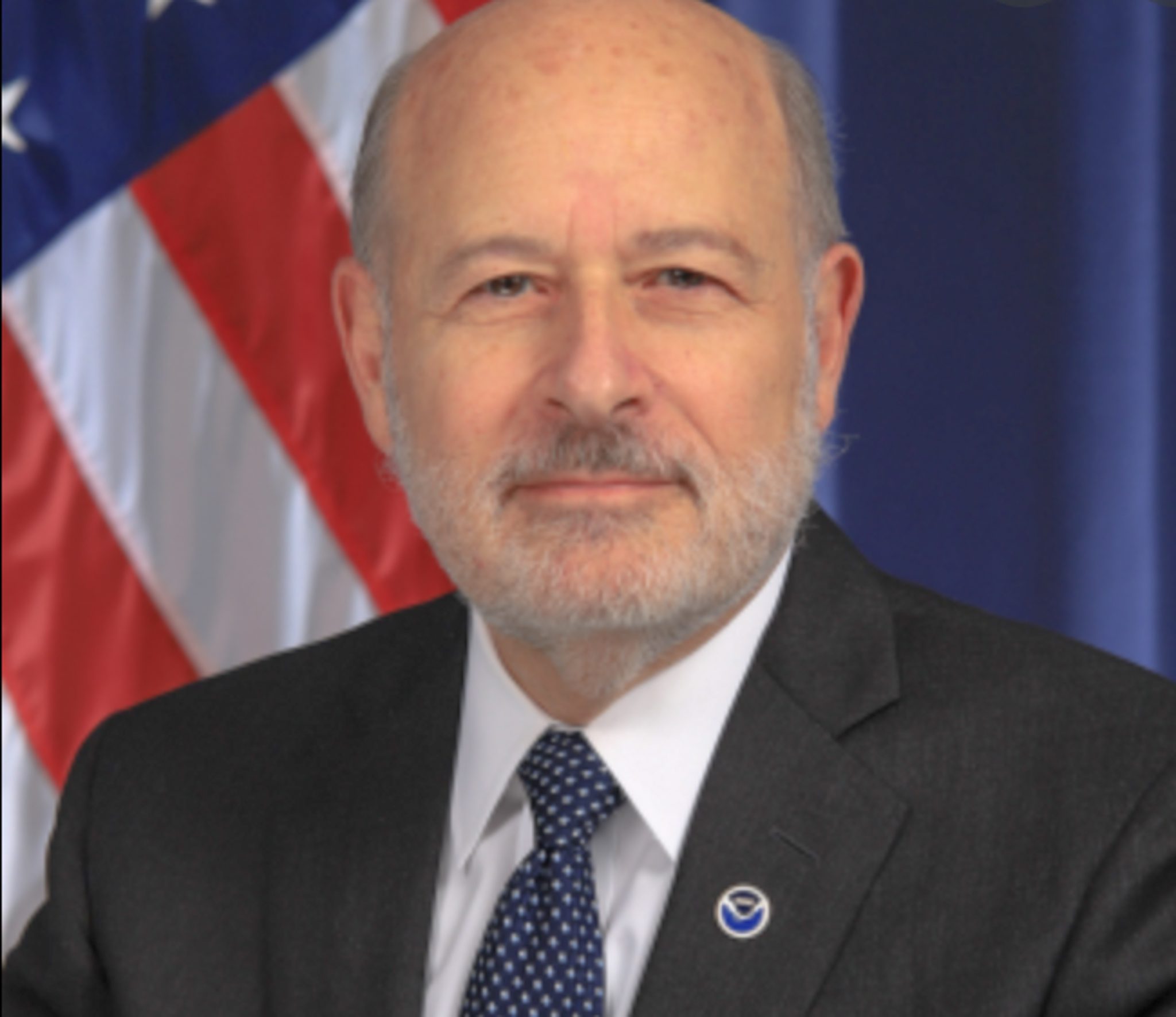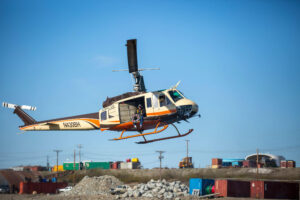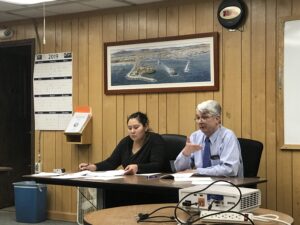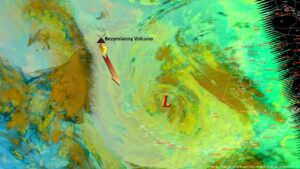The city of Nome recently hosted NOAA’s administrator and Under Secretary of Commerce for Oceans and Atmosphere Dr. Richard Spinrad. In late August, Spinrad detailed NOAA’s goals that have particular relevance to Alaska.
During his ten day trip to the state, Spinrad stopped in Nome for three days and presented at UAF Northwest Campus’s Strait Science.
In his talk, Spinrad came to Alaska to learn more about the state’s scientific endeavors and that he sees Alaska as a crucial part of NOAA’s mission to highlight environmental issues.
“Alaska is, I would say, ripe with opportunities, for demonstrating impact and improvement,” Spinrad said.
He proposed to NOAA three specific goals with relevance to the Arctic.
The first goal is to establish a source of “authoritative information to serve the public or, in other words, to establish a “climate ready nation,” according to Spinrad.
“We’re in a place now where changes in climate are no longer a theoretical concept they are happening. And yet, we do not have an established place to get the authoritative information that we need, to serve any number of needs,” Spinrad said.
The aim is to have those sources of information set up by 2030, and so to be able to declare the U.S. a climate ready nation by 2030, Spinrad said.
The second goal has to do with building new economic opportunities around environmental intelligence. For example, sources to predict things such as salmon runs or sea ice breakup would be extremely useful and could be thriving businesses, Spinrad said.
The final goal is to build equity in every aspect of NOAA. NOAA’s attempts at reaching a more equitable environment applies both to the people NOAA strives to serve and to the people working within NOAA itself, Spinrad said.
As far as NOAA’s users go, NOAA wishes to work on better providing for stakeholders and those who actually live on the land NOAA studies, according to Spinrad.
“We need to do a better job of making sure we are not simply delivering products to communities, ice breakup forecasts for example, but we are actually understanding by working with communities what kind of information you would like? How would you like to get that information? And how do you want to work with us on a regular basis?” Spinrad said.
Spinrad specifically mentioned a hope to incorporate Native knowledge into NOAA’s “physics based, computationally intensive models.” He cited the value of this knowledge, highlighting that Elders have seen climate change coming for decades and could help future predictions.
As far as equity within the organization itself goes, Spinrad said NOAA aspires to improve its diversity and accessibility, to give every NOAA employee a sense of belonging to the mission, and to properly reflect the demographics it serves.
As he wrapped up his talk, Spinrad emphasized just how important he believes NOAA’s work to be:
“I tell people our agency is here to save the world. And I mean it. It sounds hyperbolic. We are here to save the world. We’re on an extraordinary mission,” Spinrad said.
During his time in Alaska last month, Spinrad also visited other locations such as Anchorage, Kenai and Homer.
Image at top: Dr. Richard Spinrad. Photo courtesy of NOAA.





